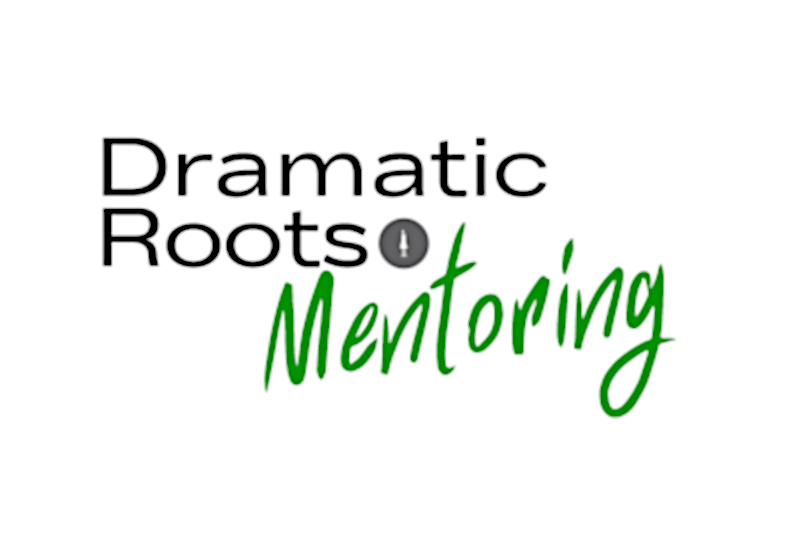Writing with the Body
A Revision Exercise
Words ignite neural pathways that involve muscle memory.
Language is inherently muscular, in terms of our vocal mechanisms and breathing (ribs, diaphragm, etc), but it also carries the ghosts of our past experiences in our abs, our psoas, the muscles in our fingers.
Reading silently to oneself can be a physical experience for many people. Witnessing the story through language can cause us to feel anger in the muscles of our jaw, grief in our gut, etc.12
Our memories of physical experiences color the way we speak.
Years ago, I had the privilege of studying with the actor and acting coach Jeff Corey. His instruction was revelatory for me. I’ve always over-intellectualized everything in my life. As an actor, I’m not alone in finding this to be a roadblock to good acting. The techniques Corey used to pull me out of my head on the stage, are similar to the techniques I use with my own students now, helping them find their bodies on stage.
When working with my acting students, I ask them to find the keyword in a sentence—the word that carries the speaker’s intention. Then I ask them choose alternatives for an appropriate physical actions that might express that intention. For example, if the line is “Go to bed"!”, an actor can choose to “push” the word go, or choose to “smack” the word go.3
I ask them to physicallize the choice while saying the line: push against a scene partner, or against a chair; smack the table, smack the wall (never smack your scene partner). Then I ask them to play the scene with a still body, but an awareness of the muscle memory.
This technique often works for new actors who prepare psychologically, but “perform” inside their own heads. The goal is to take the music of the language out of the realm of the intellect, and let it rise from the immediate physical reality.
What does this have to do with writing?
One might think that, unlike an actor, the writer’s over-intellectualizing would be an advantage: being able to really dig down into the motivations and cause and effect progression of a narrative. But an intellectual presentation of a scene can be as cold on the paper, as it is on stage.
On the other hand, no one wants to read a text that is flooded with adverbs or takes colorful or obscure verbs to an extreme, tipping into unintentional melodrama, or bathos.
A writer can find the middle ground by utilizing onomatopoeia, which I believe is a form of physical action. Even when we read silently, our body is anticipating performance and has a muscle memory of the spoken word.
We have a hard-wired relationship to our mother-tongue. The plosives (b,p), the fricatives (f,th), the afficates (ch), the nasal stops (m,n), and the glottal stop (in American English it is the silent t in oral contractions like moun’ain), all carry prelinguistic meaning.4
Sounds, which I’m asking you to think of as a form of gesture, will always pull up emotional memories. Of course we can override those memories, but as writers, we can also choose to utilize them in our readers.
There’s a difference between the words rip and tear. Don’t think about it. Feel it in your mouth, and listen. Rip starts as a growl and stops with sudden explosion, as though the speaker is spitting. Tear, on the other hand, begins with a plosive effort, slides through a dipthong, and ends with a growl.
It matters whether your character rips the letter, or tears the letter. Your choice will provide insight into their personality and their emotional state.
Exercise 1
Take two pages of a text you’ve written. Going verb by verb, say each aloud a few times. Then try alternative words (spoken aloud within the context of the sentence). Observe any differences in the physical experiences and any emotional responses you may have. Does one convey emotion more accurately than the others?
Exercise 2
(This exercise is a twist on the writer’s truism “show don’t tell”.)
Look again at your verbs. Are they connected to generic information? For example:
”She pulled her pants up over her hips”, is very different from, “She tugged her pants up over her hips.”
The former doesn’t indicate difficulty, but the latter has a specific physicality that implies frustration (maybe even the texture of the pants)—without telling the reader how the character feels.
Exercise 3
Ditch (most of) your adverbs.
Consider the text you’ve been experimenting with. Are there places where changing the verbs would make the use of an adverb unnecessary?
Imagine you are writing a text that will be the foundation for an actor to use when fleshing out your character. Is much the emotional information they’ll need conveyed in the onomatopoeic content of the verbs?
NB: I’m not suggesting you use a thesaurus to find obscure words. I believe the vernacular has all we need in terms of emotion.
Good writing!
I hope you’ve found the exercise helpful. I would love to hear about any little twist you may have added, and what you discovered! Please leave a comment, or reply to the email.
Thank you for trusting me with your time!
Warmly,
Ren
Spread the love. It only takes a little ❤️
https://phonicsinmotion.com/the-power-of-muscle-memory-in-reading-and-writing/
https://serendipstudio.org/sci_cult/courses/emotion/web1/lsockol.html
For those of you familiar with physical theater, Laban can be a help in finding the right actions to play with. I think this kind of analysis is helpful for writers, too.
https://en.wikipedia.org/wiki/Glottal_stop



I am so scared of revision! But this really feel like an exciting exercise!
Thank you Ren.